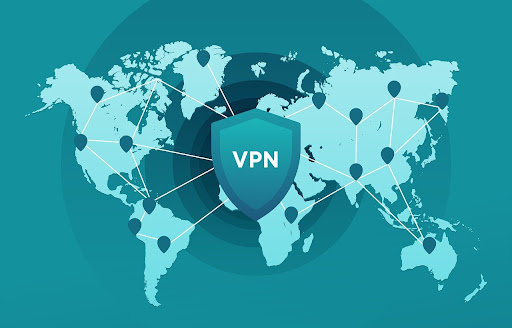
With increasing cybersecurity threats knocking on individuals’ and businesses’ backdoors, people are more concerned about their data security than ever before. As a result, the interest in cybersecurity solutions, such as VPNs, has increased.
A VPN is an essential tool for this purpose, as it allows users to browse the web anonymously, hide their IP addresses, and encrypt their data. However, not many customers understand the powers and limitations of a VPN solution and often choose one based on buzzwords like military-level encryption or worldwide availability.
While these are some important factors, there are a few more to consider, like the number of available servers, the speed of the connection, or compatibility with multiple devices. Moreover, businesses and organizations will need added layers of security, especially if they have remote workers and collaborators.
In today’s article, we are going to discuss some of the most important factors to consider when choosing a VPN. After reading this, you should be more well-informed when it comes to how a VPN can help protect your data while browsing online.
1. Security Features
Most VPN solutions on the market will provide some sort of data encryption and tunneling, but this doesn’t mean they are a good fit for everyone. So, why do you want to use a VPN?
If your main reasons are keeping a low profile online and accessing geographically-locked content, then you don’t need to worry too much about security features. On the other hand, if data security and anonymity are your reasons, here are a few features to keep in mind:
- Military-grade encryption: encryption scrambles your data and makes it unreadable to anyone who doesn’t have the encryption key.
- Tunneling protocols: to keep your data secure, VPNs create an encrypted tunnel between your device and the VPN server.
- No-Log Policy: good VPNs do not store or collect any of your data or activity.
- Kill Switch: this feature will automatically disconnect you from the internet if the VPN connection is lost, which prevents your data from being exposed.
2. Speed & Reliability
When you use a VPN, your device connects to a server to browse the internet. This is why you can hide your IP and pass as being from another country. However, this also means you’ll be using that server’s bandwidth and connection speed and not your device’s.
Plus, if the connection is unreliable (it disconnects often), your overall user experience is going to be miserable. Slow connections lead to lagging, buffering, and poor performance, which can make it difficult for users to perform the online activities they want.
On the other hand, a fast and reliable connection provides a seamless experience, which is essential for conference calls, working in a collaborative environment, or streaming.
3. Supported VPN Protocols
VPN solutions use a series of rules and settings (called protocols) to guide incoming connections, tunneling, and encryptions. However, unless you have a bit of cybersecurity or network knowledge, these protocols can be quite confusing to understand.
So, before deciding on a solution, do a bit of research and learn what protocols are and how VPN protocols compare to one another.
4. Device Compatibility
Even though most VPN solutions don’t have any issues with PCs, desktops, or mobile devices, it’s still a good idea to check the compatibility section. Furthermore, if you have other devices you want to connect to the VPN (like VoIP devices or advanced routers), you must make sure they are compatible.
Additionally, some VPNs work better on certain devices than others.
5. Customer Support
If something doesn’t go right with your connection or you can’t find a specific setting, you should be able to contact customer support at any time and day. Also, make sure the representatives are friendly and reply to your inquiries in a prompt manner.
6. Cost
Even though cost shouldn’t be your leading decision-making factor, you still need to make sure the cost of the VPN service you select fits your budget. Most solutions nowadays work on a monthly or yearly subscription basis, but costs may increase depending on the number of devices and users you want to protect.
Key Takeaway
The main factors to keep in mind when choosing a VPN solution for your private browsing or for your business are security features, speed, connection reliability, VPN protocols, compatibility with your devices, customer support, and cost.
Overall, with the right VPN solution, you can rest assured that your online activity is secure and private.
Interesting Related Article: “What is a VPN and Why Should You Use One?“

